Book Review: "The Literature of Japanese American Incarceration" ed. by Frank Abe & Floyd Cheung
5/5 - strong, heartfelt, sorrowful and resilient...
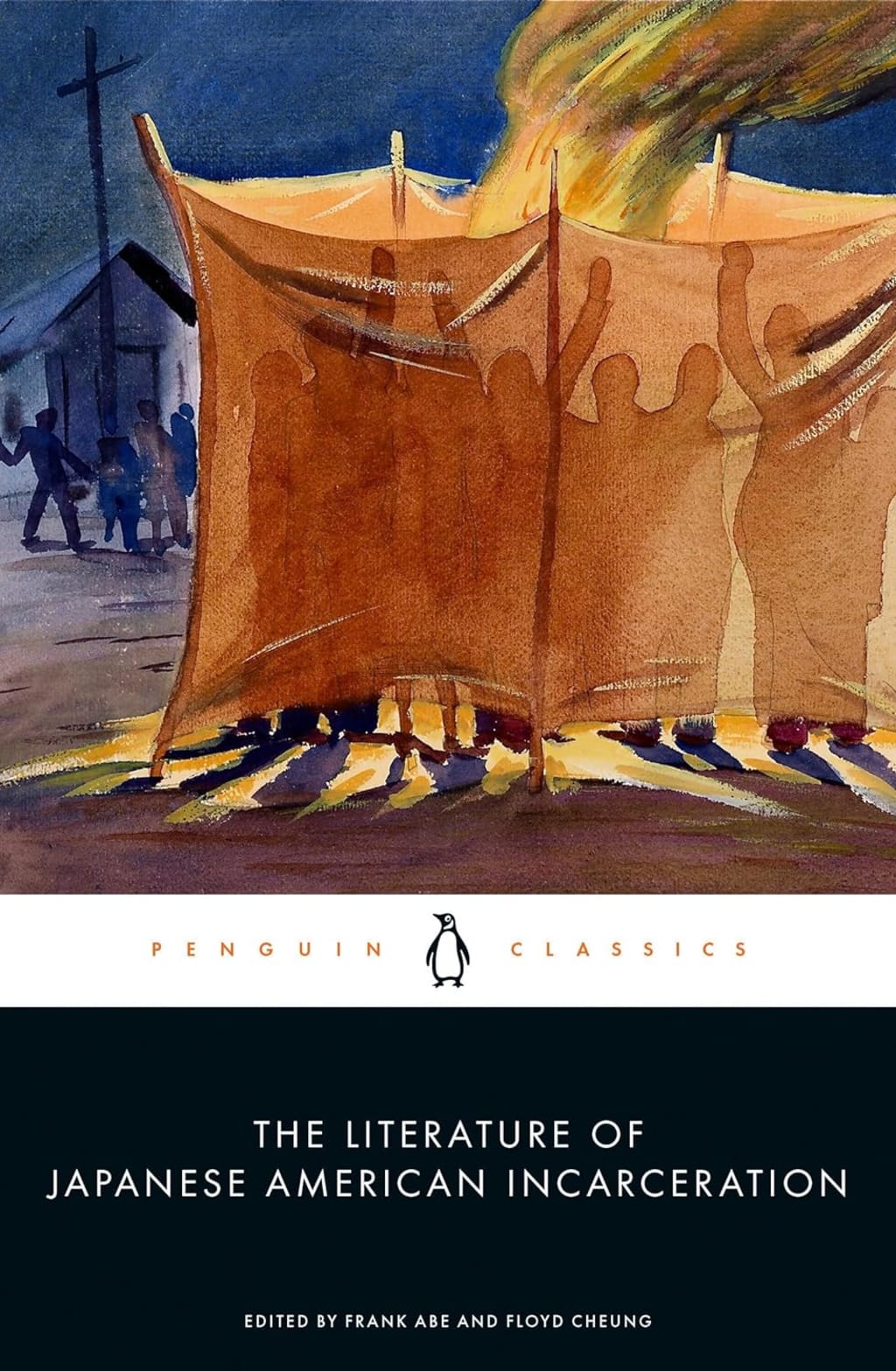
This book was only released on the 14th of May and I spent a long time looking at it and going 'that seems really interesting' and then, not buying it. It was fairly pricey and so, I decided to get it on my Kindle instead. The Penguin anthologies have always interested me and I cannot possibly wait for 'The Penguin Book of Demons' that comes out in October of this year. I have read many over my time including another about the Japanese which was based on their short stories.
This one is based on something much darker though. After the attack on Pearl Harbour, Japanese people living in America were locked up in concentration camps and forced into harsh conditions, often beaten and treated terribly by the officers. This book of literature concerning Japanese American Incarceration is a look at the fiction, nonfiction and even poetry that was written around and about that time from curfews to hunger strikes. This book strikes a whole new chord - it is fantastic as it is dark.
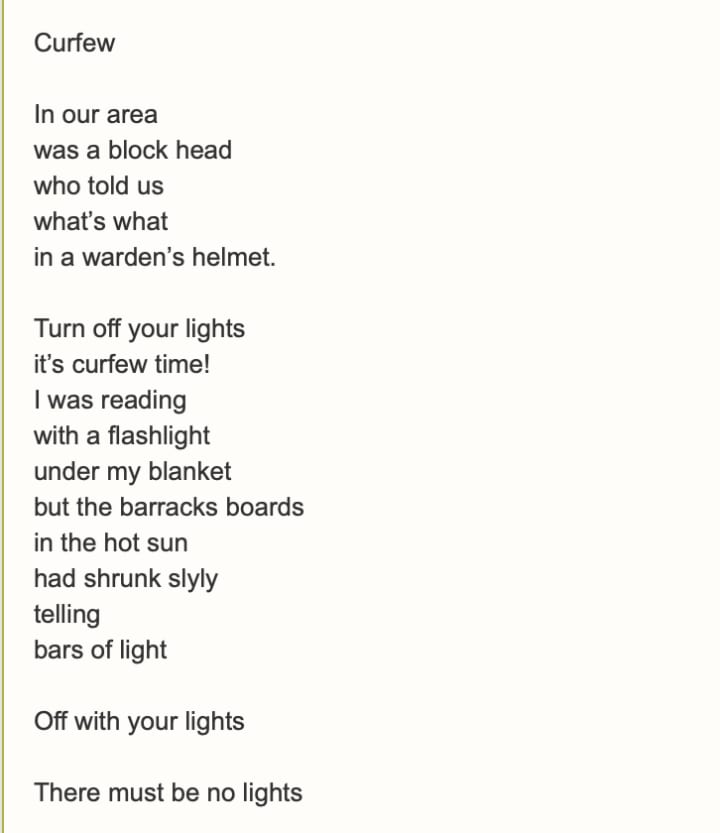
One of the pieces that really caught my eye was called 'Curfew' and it was a short poem by a Japanese woman named Mistuye Yamada. It tells the story of having to read by torchlight beneath a blanket and yet, still getting caught and being told that all lights must be off at a certain time. 'Curfew' is a very short poem that packs an extremely powerful message about how small bits and pieces of people's entire lives can be taken over and slowly replaced, feeding into this reduction of identity that was the achievement of this incarceration. It is a deeply unhappy poem of loss, but also one of tiny acts of rebellion without the fear of getting caught. For such a short poem, it does its job of storytelling incredibly well.
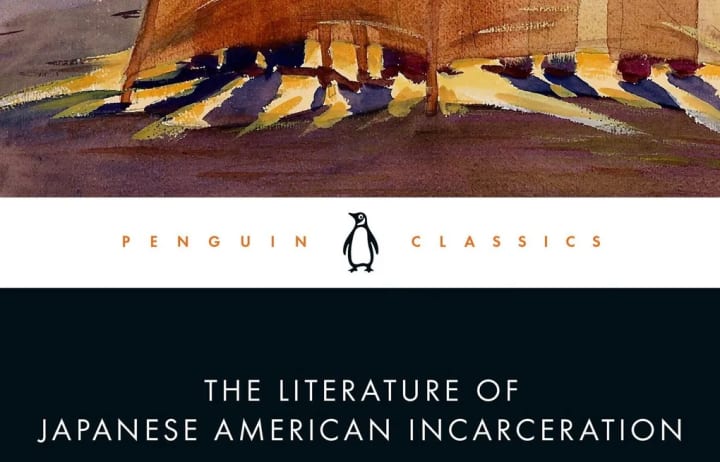
Another one I enjoyed was called 'Send Back the Father of These American Citizens' by Nao Akutsu. This was, I have to admit, incredibly heartfelt and had such strong emotions I cannot even begin to describe them. Written from the point of view of the wife, she sends a letter regarding her husband's incarceration and describes how it is negatively impacting her life and the lives of their children. I think that this is probably one of the saddest pieces in the whole book because she describes receiving a picture of him in the post and noticing how thin and frail he has become, she is grief-stricken. It is a passionate letter with a frightful sense of urgency. I highly recommend paying close attention to it.
One that definitely sounded rebellious and strong was called 'Hunger Strike' by Tatsuo Ryuseu Inouye. It is not just about a hunger strike, but also about the efforts that the people running the incarceration camp have to squash it not because the Japanese will die, but because it may encourage more rebellion. The hunger strike is possibly one of the most rebellious things I had read happening in the camps until they started rallying against the tanks that were quite literally stealing the food from them. It makes you feel hopeful that there are so many people not taking anything lying down and I am definitely on their side. It is a magnificent piece of literature.
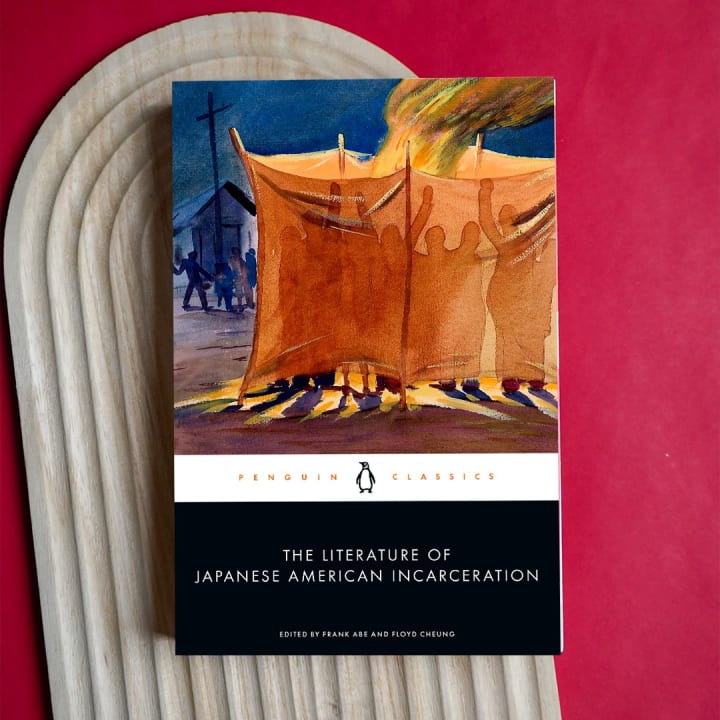
There is another piece called 'Brother's Imprisonment' by Violet Kazue de Cristoforo. It is obviously about her brother's imprisonment in the incarceration camps and yet, it is strangely sorrowful. It is written from her point of view and place, measuring her time without knowing if her brother is okay. It is this aspect of the incarceration literature, the uknowing, that is probably the most disturbing aspect of it. People who are forced to be imprisoned in their own country for suppositions that are never met with any evidence is harsh enough - then you have the people on the outside who have no idea where they are. It keeps getting more upsetting.
All in all, when we look over the entirety of Japanese American Incarceration Literature that we see contained within this book, we do not just see it from the point of view of those who suffered at the time. We also see it from the point of view of those who do not want it to happen again. We see it from the view of those people impacted down the generations and the mending that Americans must make towards the Japanese now that these atrocities have come to light. It is a tale of resilience on the part of the Japanese, forced to carry on in the face of sheer adversity without reason.
About the Creator
Annie Kapur
200K+ Reads on Vocal.
Secondary English Teacher & Lecturer
🎓Literature & Writing (B.A)
🎓Film & Writing (M.A)
🎓Secondary English Education (PgDipEd) (QTS)
📍Birmingham, UK
Enjoyed the story? Support the Creator.
Subscribe for free to receive all their stories in your feed. You could also pledge your support or give them a one-off tip, letting them know you appreciate their work.


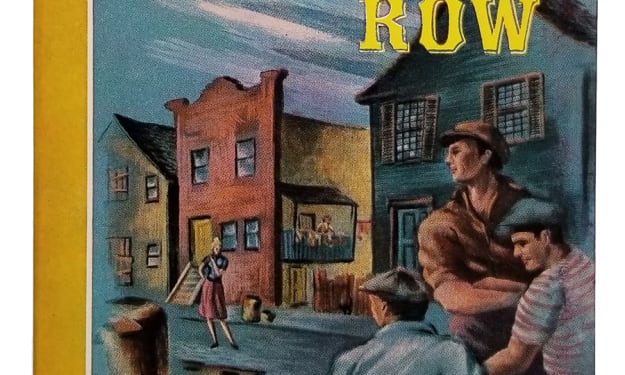



Comments (1)
Always you hit the point. Perfect.